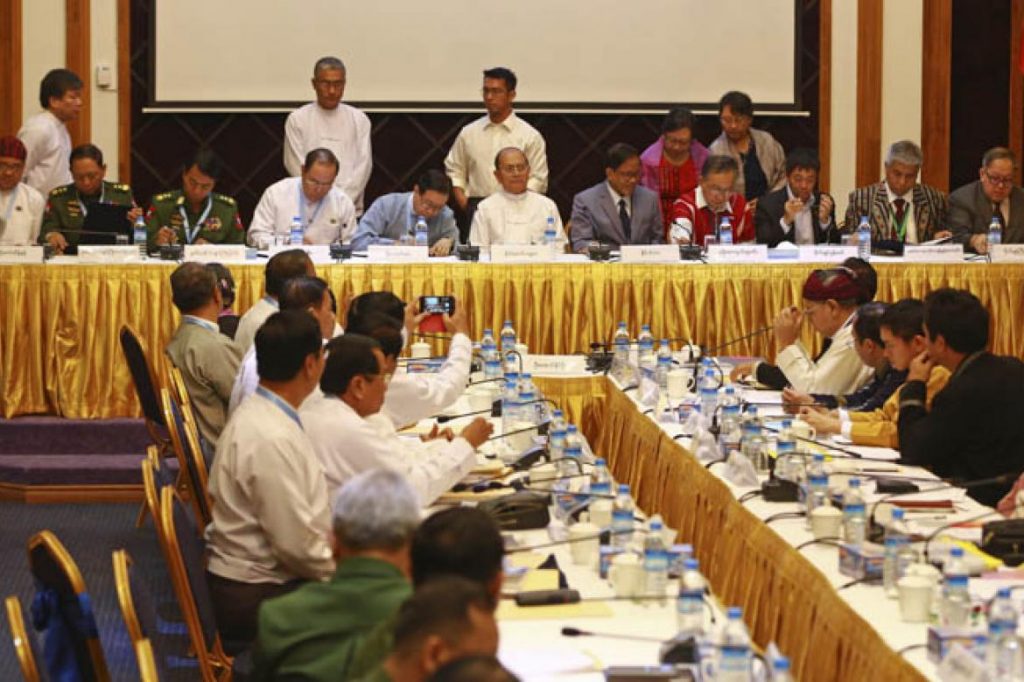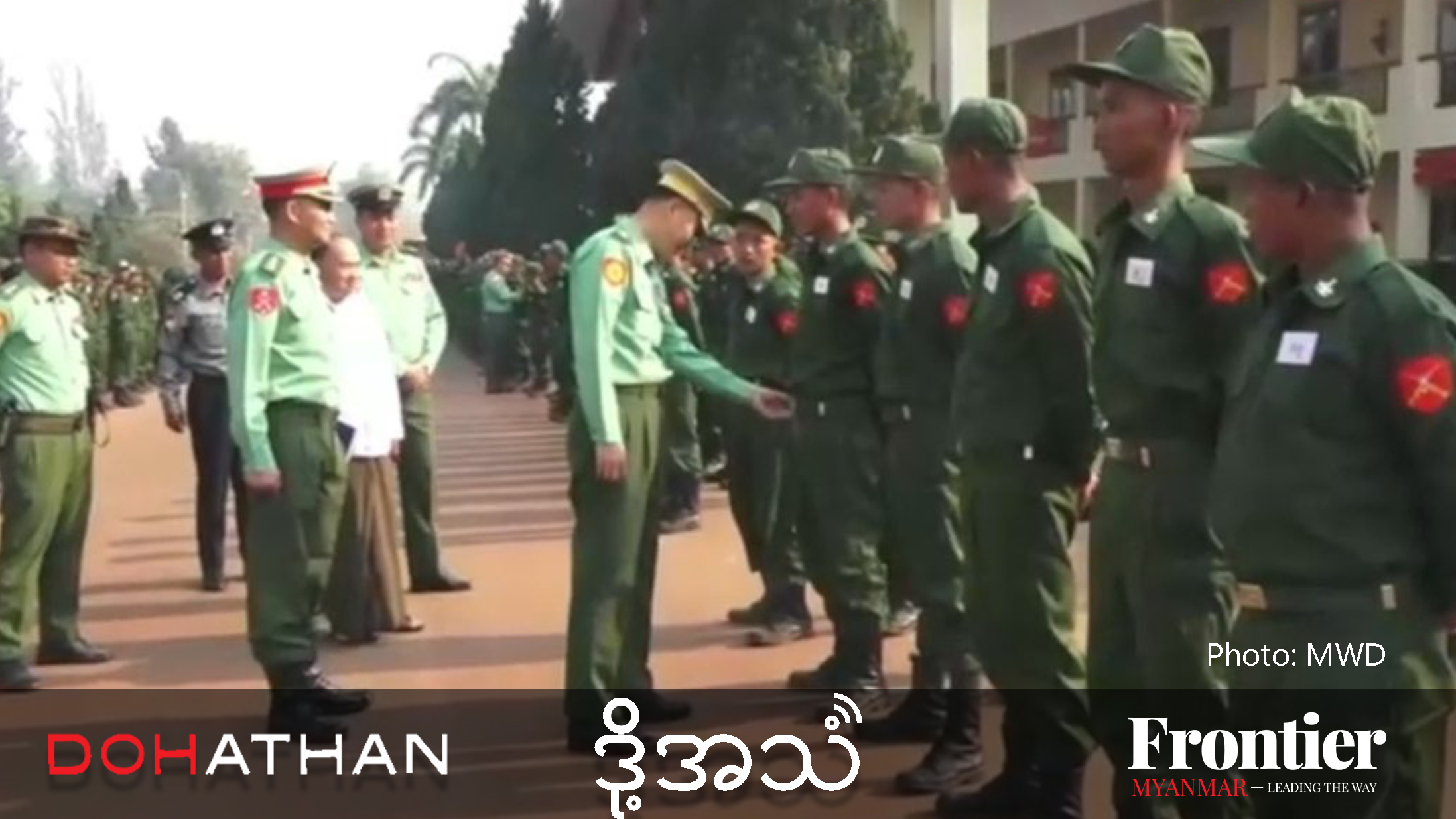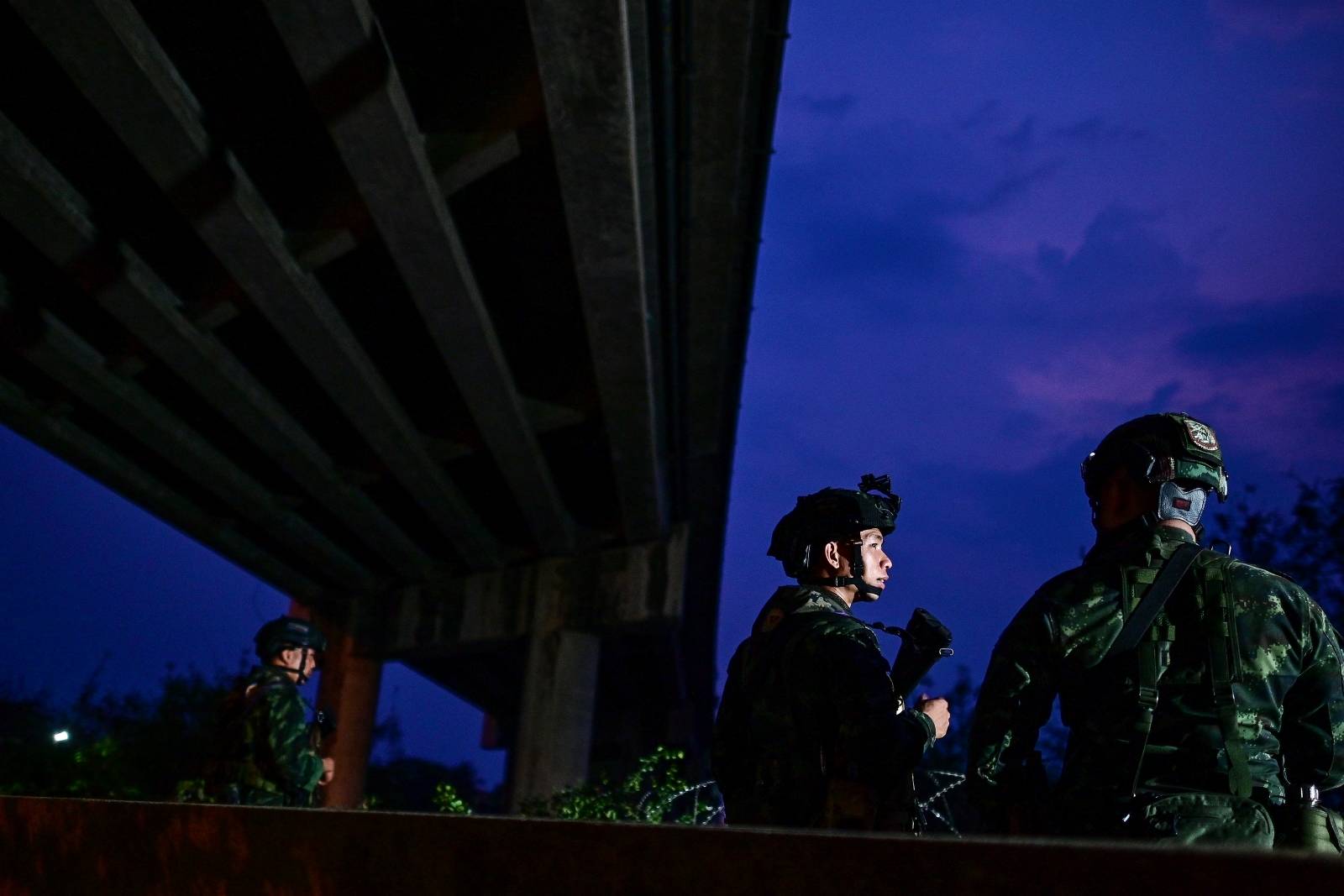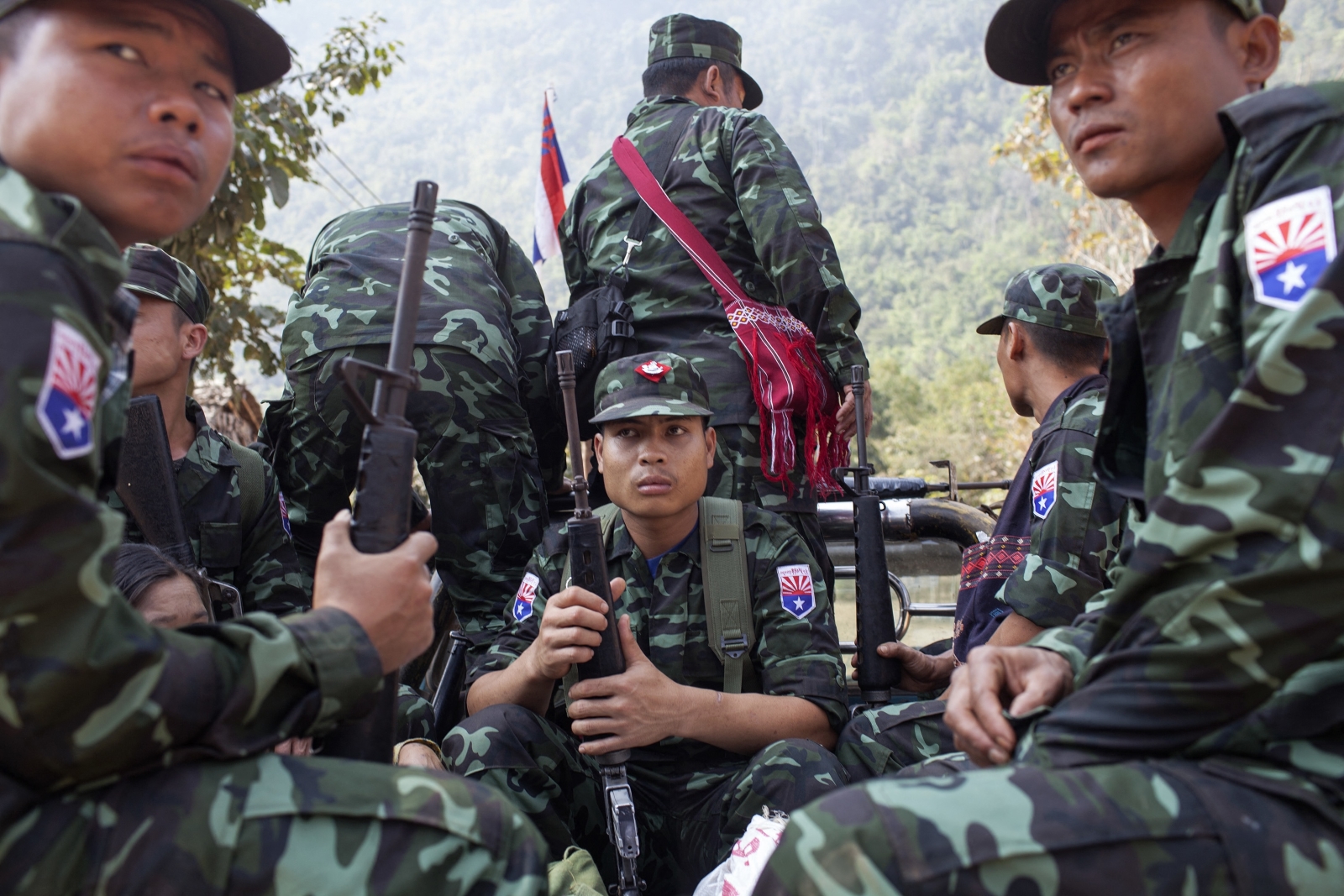For many, Myanmar’s peace process seems to have come to an end, with no national ceasefire agreement likely this year. Nothing could be further from the truth.
The current inertia is merely symptomatic of the underlying mistrust and different agendas on both sides, which must be recognized before there can be further progress towards genuine national reconciliation.
When each side uses foreign media to disseminate its stance – chief government negotiator U Aung Min in the US magazine Foreign Policy and ethnic leader Nai Hong Sar in the Bangkok newspaper, The Nation – it is a strong sign that the talks have stalled and a lack of trust has re-emerged to derail the peace process.
But the process is far from dead; if anything it is on the verge of a new stage that will be given greater impetus after the new parliament convenes. The general election was always going to be an unnecessary diversion to the peace process, an opinion expressed often by the Kachin Independence Army’s General Gun Maw.
What are the prerequisites for the process to be ‘re-booted’?
First and foremost the Tatmadaw must stop attacking armed ethnic groups – including the Kachin, Kokang and the Ta’ang. The armed ethnic groups are justifiably sceptical of the Tatmadaw’s real intentions: whatever the Tatmadaw commander-in-chief may say publicly, the regional commanders are following their own agenda: this seems to be tacitly accepted by the top brass or may be part of a deliberate strategy.
Support more independent journalism like this. Sign up to be a Frontier member.
If the government is serious about the peace process, surely an end to all hostilities must be a precondition for signing a ceasefire agreement. Only then can a code of conduct be negotiated in the areas experiencing continued fighting: this cannot be done collectively but has to be done individually after the peace pact is signed.
One of the most vexed issues is the Tatmadaw offensive in Kokang region against the Myanmar National Democratic Alliance Army and its allies, the Arakan Army and the Ta’ang National Liberation Army. Each of these groups is part of the ethnic alliance involved in the peace talks. Any ceasefire agreement must involve them, something on which all ethnic groups concur.
“Whatever the government says, the Kokang are an ethnic group in Myanmar and must be part of the peace process,” said a young Kachin civil society leader.
Even the leader of the Karen National Union, Padoh Kwe Htoo Win – although no longer an official negotiator – told me earlier this year that there could be no national ceasefire without the participation of the MNDAA.
Another serious impediment is constant pressure from the government negotiating team and the “so-called” international support group comprising a myriad of foreign, well-intentioned do-gooders, that has slowed the process rather than giving it an added sense of urgency. Setting deadlines was always going to be unhelpful and, with elections due in three months, counter-productive. A ceasefire agreement can only serve one purpose, which is to increase President U Thein Sein’s credibility.
Everyone should accept that although the process is stalled there are preparations to resume the peace talks with renewed vigor after the election.
Much has been gained during the last four years. Both sides are taking the peace talks more seriously than before, almost every rebel group has signed a bilateral peace pact, the thorny issue of federalism is on the table, and substantial progress has been made in building confidence, though four years of talks do not immediately overcome the legacy of 60 years of fighting and mistrust.
When U Aung Min calls for peace to be given a chance it is a plea that everyone can endorse, but it is something that will have to be tackled by the next government and parliament.







